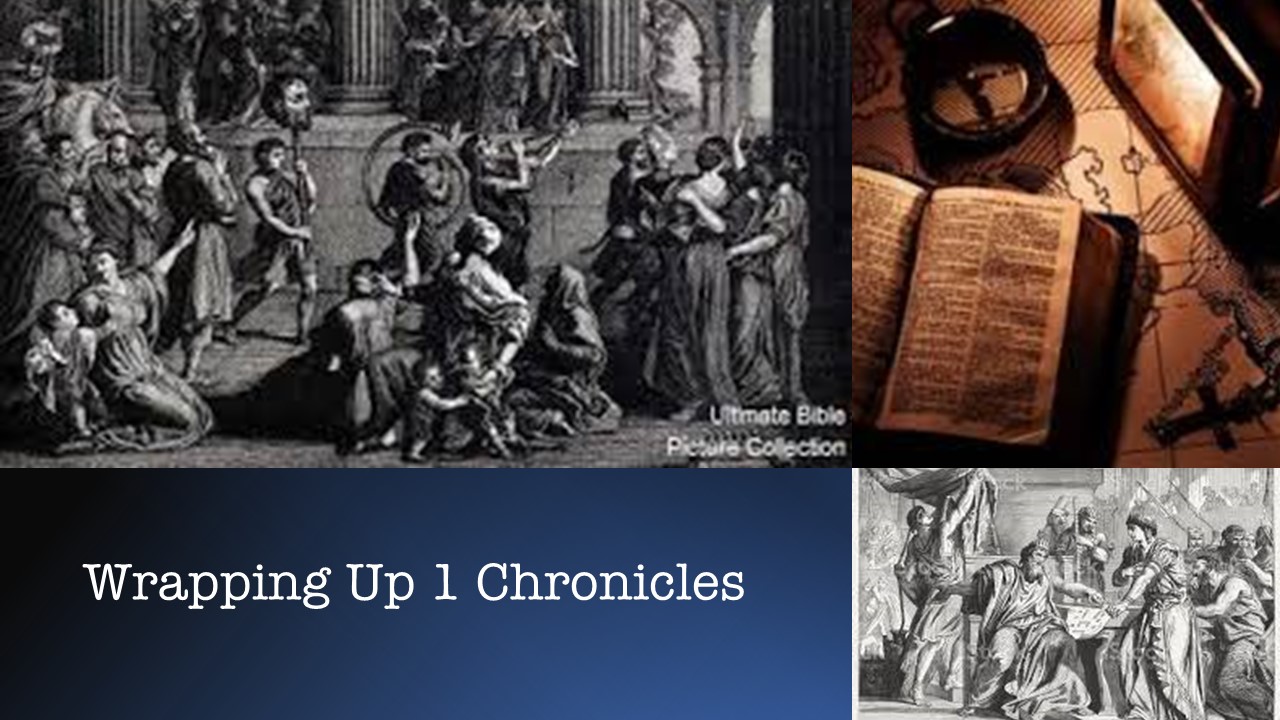In Acts 6, the early Christian community in Jerusalem faces internal challenges as it continues to grow. A dispute arises over the daily distribution of food, with Greek-speaking Jewish Christians (Hellenists) complaining that their widows are being neglected compared to the Hebrew-speaking Jewish Christians. In response to this issue, the apostles gather the community and propose appointing seven men of good reputation, full of the Spirit and wisdom, to oversee this task. This allows the apostles to focus primarily on prayer and preaching the word. The community agrees and selects seven men, including Stephen.
This appointment leads to a more efficient administration within the community, and as a result, the word of God continues to spread, and the number of disciples in Jerusalem increases rapidly. Stephen stands out for performing great wonders and signs among the people.
Acts 7 features Stephen as he delivers a powerful and expansive speech before the Sanhedrin, responding to accusations of speaking against the Law and the Temple. Stephen recounts the history of Israel from Abraham to Moses, emphasizing God’s faithfulness despite the people's recurring disobedience. He highlights the patriarchs, the story of Joseph, Moses' leadership, and the Israelites' repeated rejections of God’s messengers.
Stephen critiques his audience by paralleling their actions with those of their ancestors who persecuted the prophets. He accuses the Sanhedrin of betraying and murdering Jesus, whom he identifies as the Righteous One promised by the prophets. This provocative speech angers the council. And they ultimately condemn him to death..

This week we are replaying "Best of" episodes from the past. In this reprise of In Highly Favored: Part 10, Mary embarks on a...

We wrap up 1 Chronicles reflecting on one of David’s final prayers. We examine the seven actions that mark David’s spiritual leadership. We look...

We were made to build the church. God made each one of us with unique talents, personalities and skill sets. And when we ask...